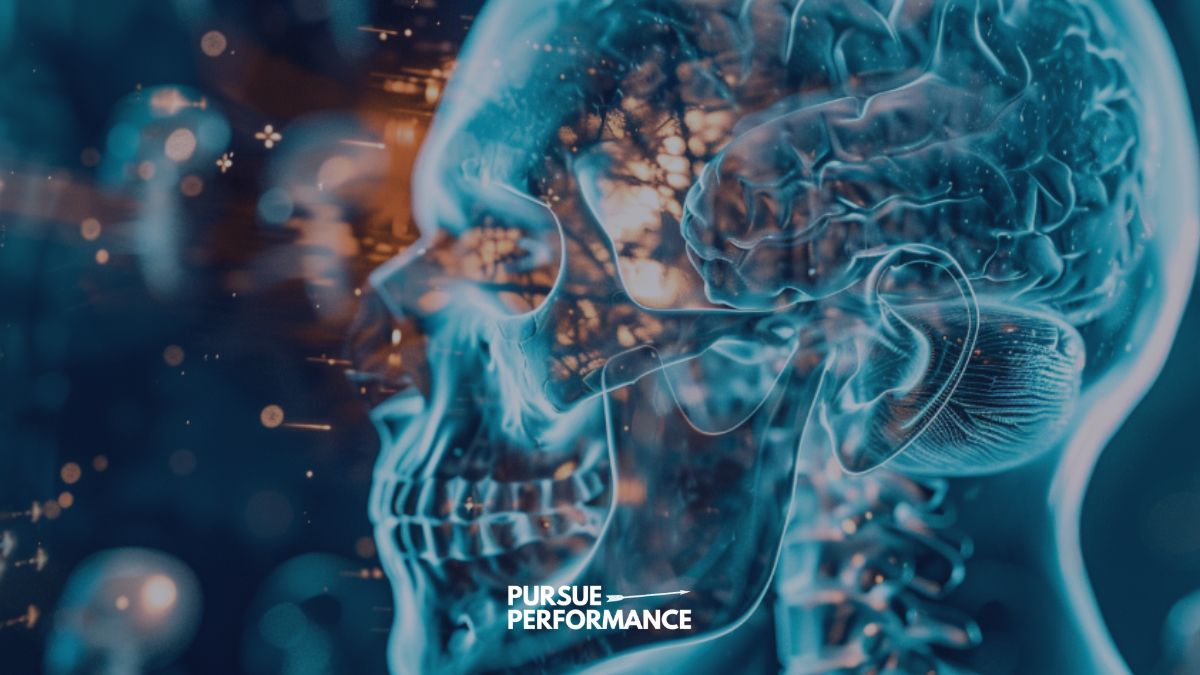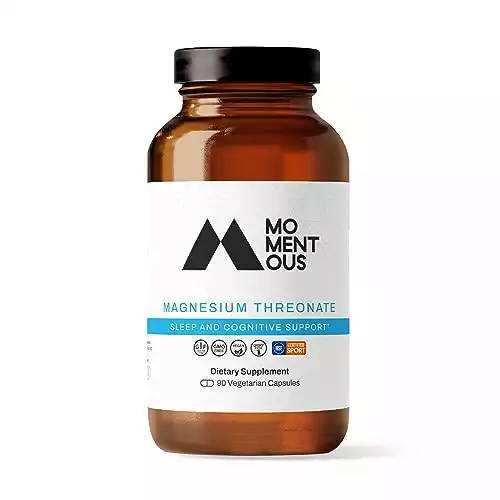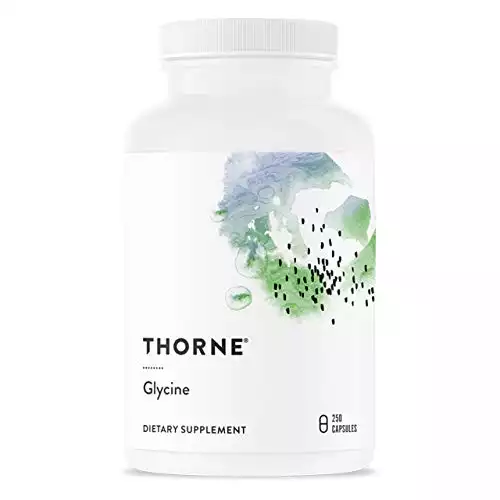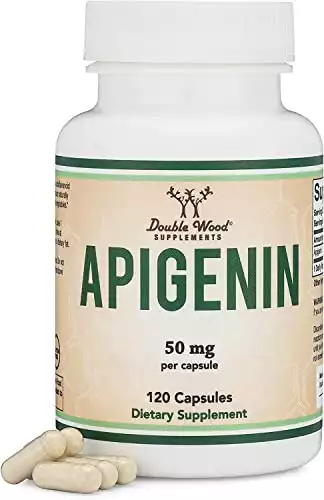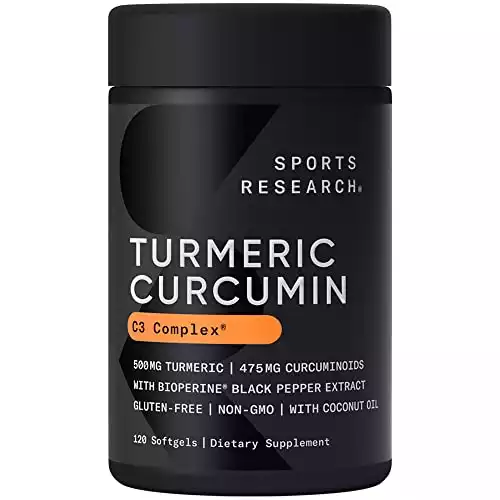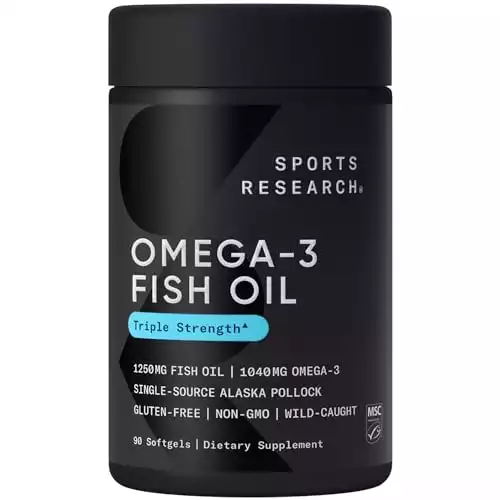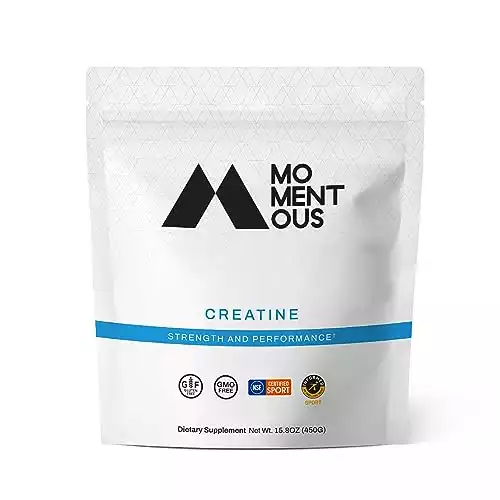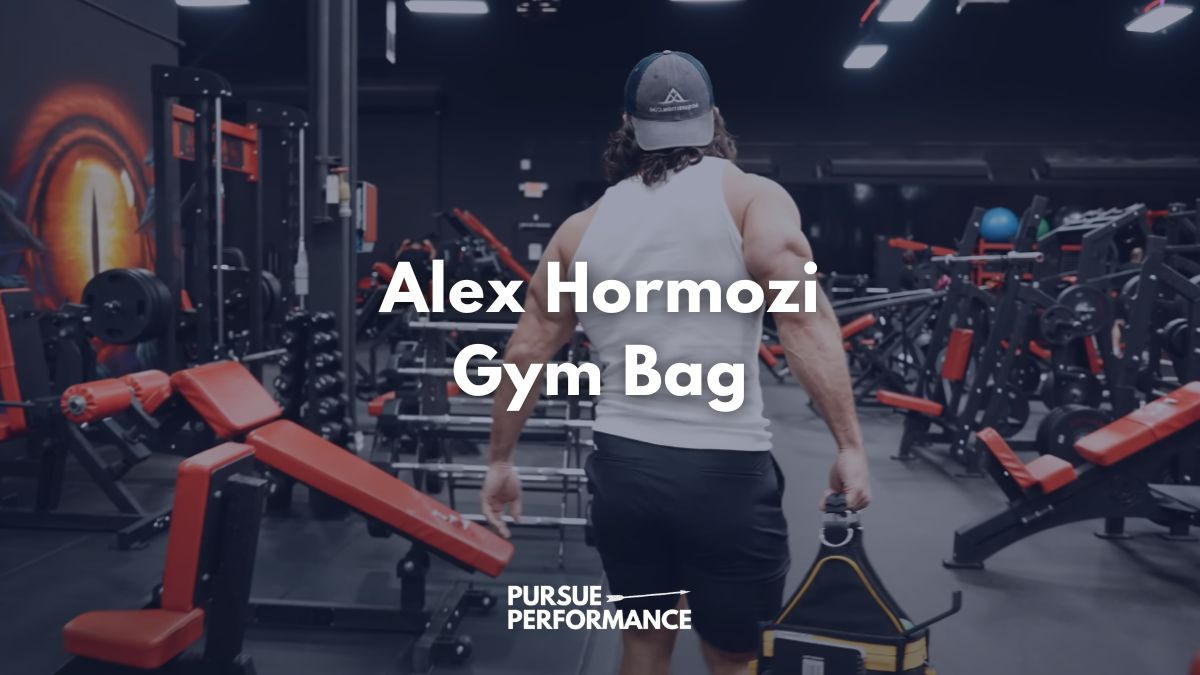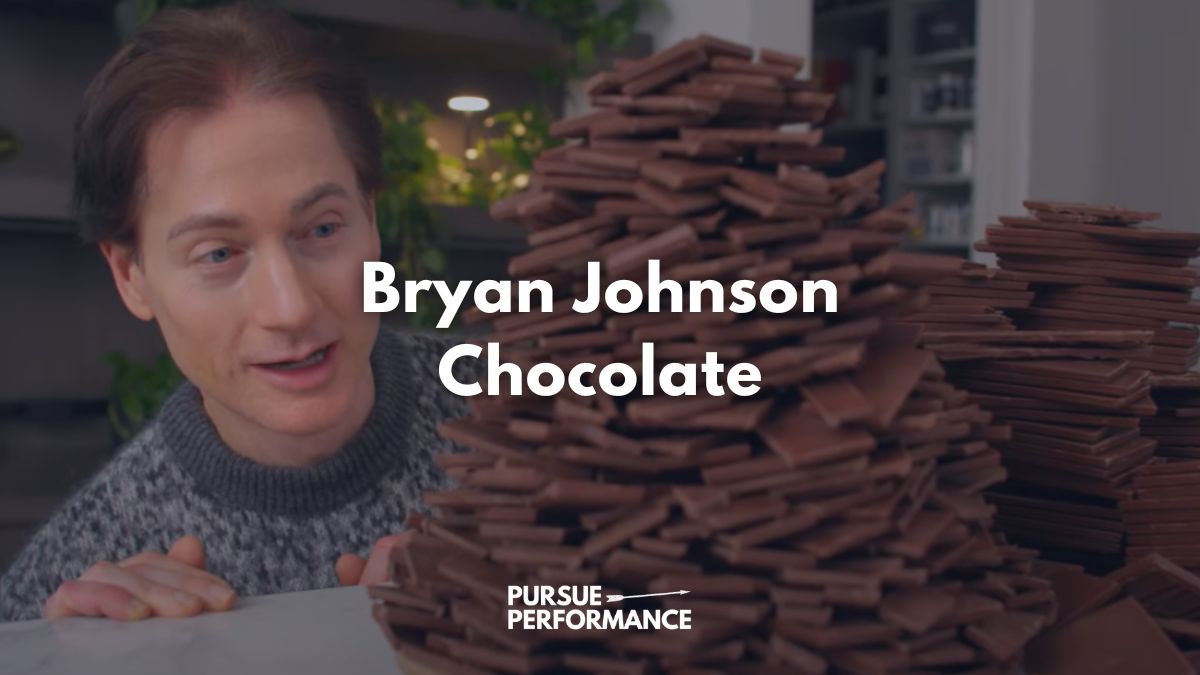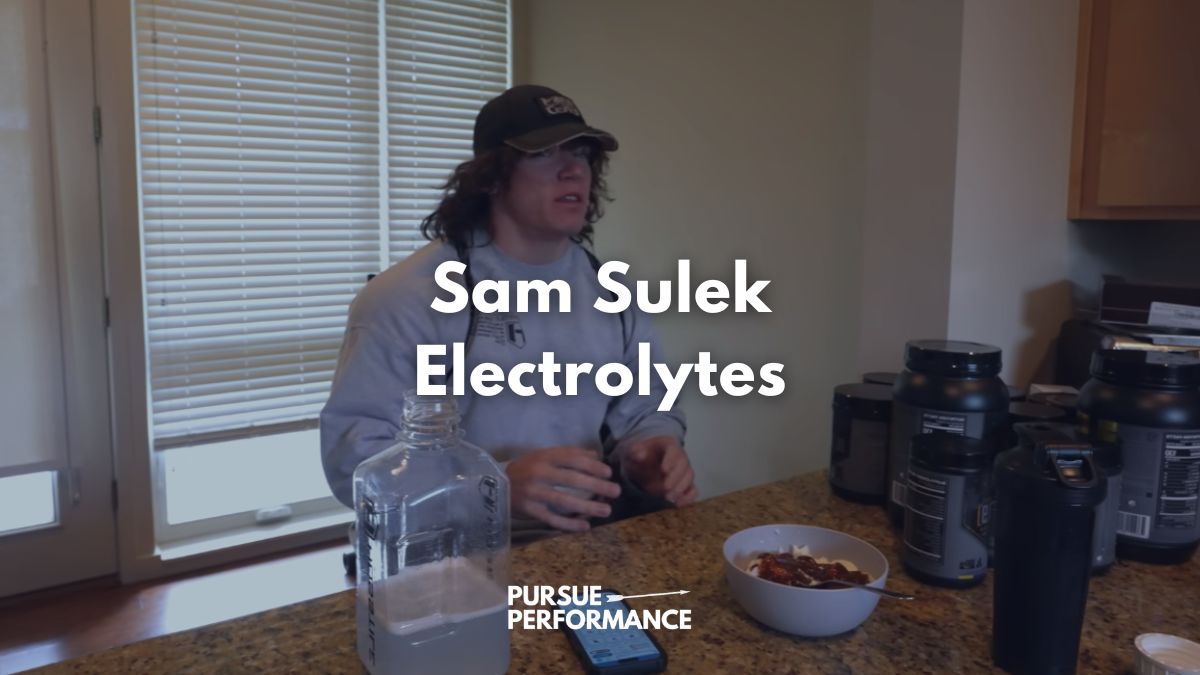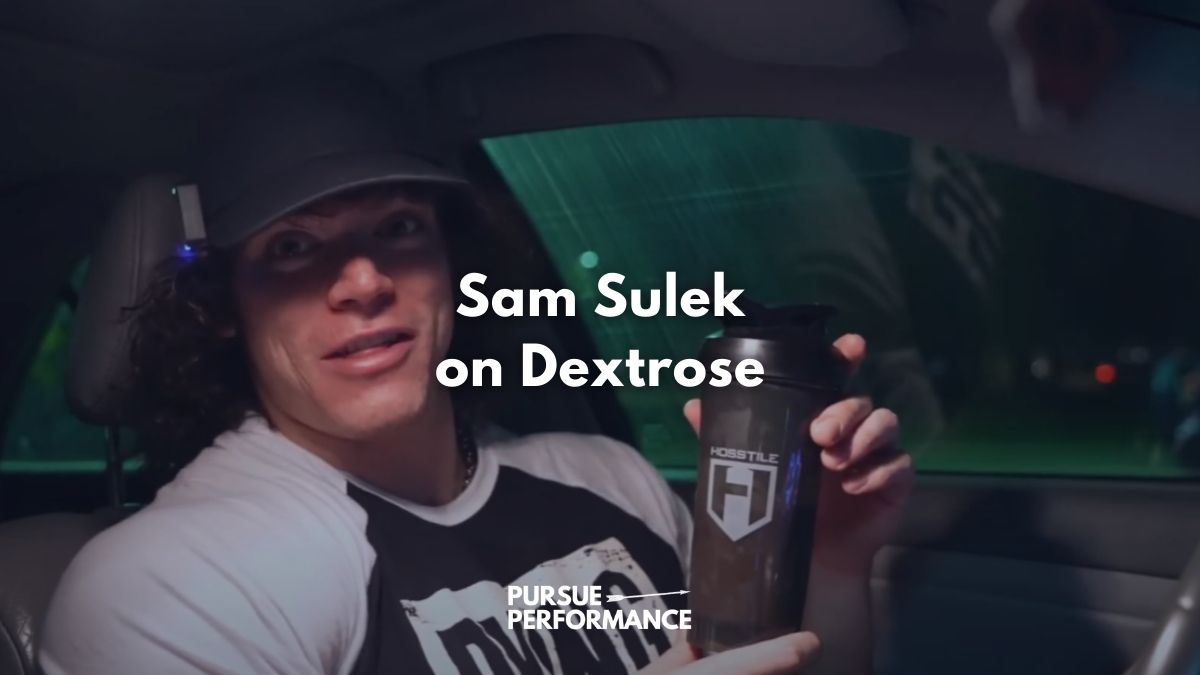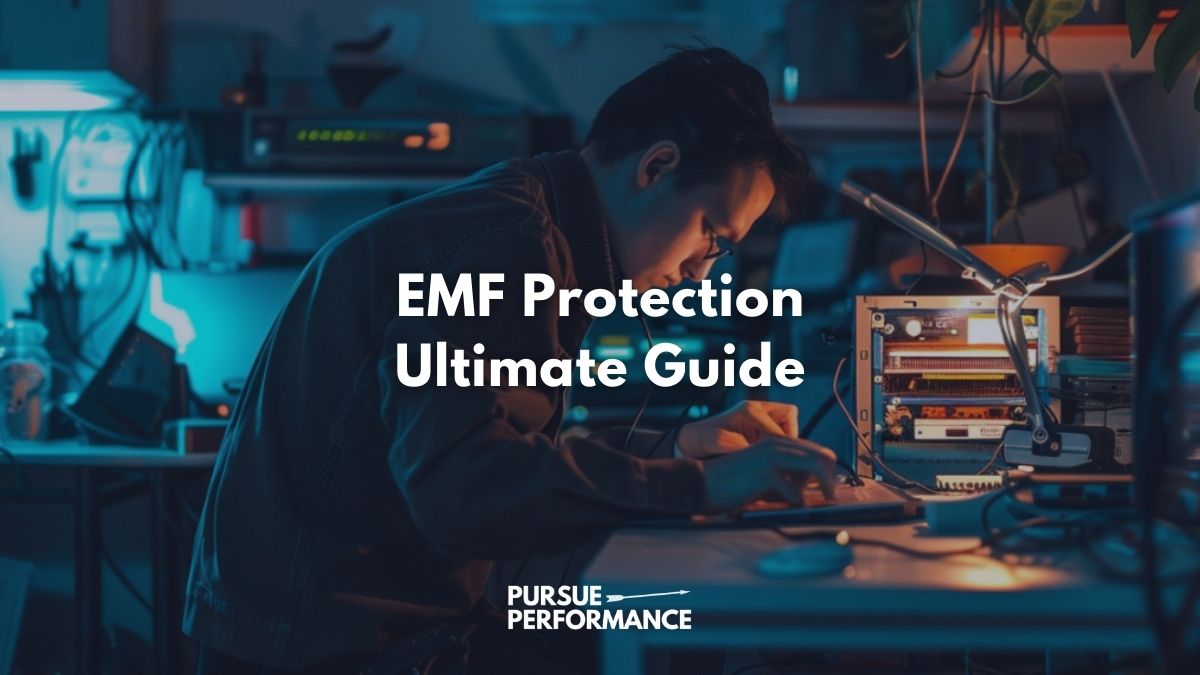According to Professor Andrew Huberman, concussions and traumatic brain injuries (TBIs) are complex injuries that require comprehensive treatment plans for recovery.
Neuroscientist Andrew Huberman has reviewed extensive research on healing the brain and optimizing its function.
In this post we will coveral Huberman’s key insights on concussion and TBI recovery.
Top Picks
Melatonin: Life Extension Melatonin
Magnesium Threonate: Momentous
Glycine: Thorne Glycine
Apigenin: Double Wood
Fish Oil: Sports Research
Curcumin: Sports Research
Creatine: Momentous Creatine
Andrew Huberman Concussion Assessment

Huberman emphasizes that it takes days to weeks to gauge the full extent of a brain injury accurately.
While assessments should begin immediately, declaring someone “safe to return” to normal activity shortly after an injury can be detrimental.
He explains that neurons and neural connections do not die instantly on impact. Actual structural damage and cell death resulting from a head injury continue to unfold for 1-5 days or longer after the initial incident.
There is no way to definitively determine all consequences of a head impact in the first few hours.
Post-concussion symptoms like headaches, dizziness, cognitive dysfunction, and more may take multiple days to fully manifest.
Continuing rigorous physical activity or risking additional head impacts before the brain has had time to heal can exponentially worsen outcomes.
Huberman strongly advises resting the brain and avoiding further collisions, hits, or blows for at least several days following a concussion.
Objective assessments by medical experts should begin immediately but decisions on returning to normal life, school, work, or sports require very careful consideration.
Huberman suggests monitoring symptoms and cognitive function for a full 5+ days while abstaining from taxing activity before accurately gauging recovery progress.
Rushing back to exertion prematurely often backfires by exacerbating post-concussion problems that undermine healing.
Patience allows time for neural repair while preventing added injury burden that can lead to chronic issues.
Huberman Concussion Sleep Recommendation
Sleep is absolutely vital for recovery after concussion or traumatic brain injury (TBI).
During sleep, the brain’s glymphatic system actively clears out metabolic waste products and debris that accumulate in higher amounts post-injury.
Huberman strongly advises prioritizing consistent, high-quality sleep of 7-9 hours per night after a concussion.
Maintaining regular bed and wake times nightly supports the circadian rhythm, which manages critical healing processes.
Huberman also suggests slightly elevating the head while sleeping by using an extra pillow.
This body positioning further enhances the brain’s glymphatic drainage overnight.
Certain supplements can also improve sleep quality to aid concussion recovery:
- Melatonin (0.5-5mg before bed): Boosts sleep drive signals and synchronizes circadian rhythm. Melatonin production decreases after brain trauma.
- Magnesium threonate (500-1000mg): Increases magnesium levels in the brain to promote deeper more restorative sleep. Also offers neural protective effects.
- Glycine (3-5g): Facilitates GABA neurotransmitter inhibition pathways involved in sleep initiation. May increase growth hormone.
- Apigenin (50-100mg): Natural plant flavonoid that binds GABA receptors and lowers cortisol. Enhances sleep quality.
Using targeted supplements alongside sleep hygiene practices leverages the body’s restorative capacity during this critical post-injury recovery window.
Optimizing sleep allows the brain to efficiently heal itself day and night.
Related: Andrew Huberman Mattress: Science & Recommendations
Huberman on TBI Inflammation
Inflammation is the brain’s natural healing response following concussion or traumatic brain injury (TBI).
However, excessive or uncontrolled inflammation can paradoxically destroy still-viable neurons in the days after an initial injury, hampering recovery.
Huberman explains that inflammation must be modulated and resolved – not blocked entirely – to facilitate healing while preventing further neuron damage after TBI.
He notes several evidence-based methods for controlling neuroinflammation post-brain trauma:
Lifestyle Approaches
- Stress reduction techniques to curb inflammatory signaling
- Anti-inflammatory diet with colorful produce, oily fish, turmeric
- Regular low-to-moderate intensity exercise
- Good sleep hygiene
Supplements
However, Huberman cautions that powerful compounds like curcumin should be taken carefully under supervision, using the lowest effective doses.
High-dose curcumin presents risks of endocrine disruption with long-term usage.
By incorporating selective anti-inflammatory therapies to modulate – not eliminate – the neuroinflammatory response, the brain can heal efficiently after concussion while avoiding secondary loss of viable neurons.
Andrew Huberman Brain Energy Recommendation
Traumatic brain injuries (TBIs) including concussions impair the ability of neurons and other brain cells to produce cellular energy carriers like ATP efficiently.
This manifests as severe fatigue, brain fog, and cognitive dysfunction in the weeks to months following injury.
Cells generate most ATP via mitochondrial respiration which becomes dysregulated after TBI due to reductions in oxygen availability as well as inflammation-mediated mitochondrial damage.
Overcoming these brain energy deficits is crucial for recovery.
Andrew Huberman suggests supplementing with 5-10 grams per day of creatine monohydrate to enhance post-TBI brain energy capacity and offset these post-injury declines.
Creatine provides an alternative energy source by boosting production of phosphocreatine, a high-energy phosphate molecule used to generate ATP especially during surges in brain activity.
Supplemental creatine further augments phosphocreatine capacity.
However, one caveat is that creatine transport into the brain is slow and rate-limited. It requires 4-6 weeks of daily supplementation to achieve clinically relevant accumulation in the central nervous system for true therapeutic effects.
But once brain creatine levels saturate, phosphocreatine metabolism expands to deliver more fuel when the injured brain needs it most. This supports stronger cognitive performance and quicker recovery.
By targeting brain energy impairment, creatine supplementation holds tremendous potential for overcoming post-concussion/TBI fatigue, brain fog, and other vestiges of metabolic dysfunction to promote healing.
Huberman Concussion Breathing Protocol

Given emerging evidence on the benefits of specific breathing methodologies for conditions like stroke and spinal cord injury, Andrew Huberman contemplates whether breathwork could also hold promise for traumatic brain injury recovery.
In particular, Huberman asks Dr. Jack Feldman whether cyclic hyperventilation-breath hold techniques could mimic cerebral hypoxia protocols showing regenerative effects in animal research.
These breathing practices involve 1-2 minutes of deep forced breathing to reduce CO2, followed by a 15-60 second exhale and breath hold.
Tummo meditation and Wim Hof method both utilize versions of this sequence.
Huberman notes that anecdotally, this short-term low oxygen exposure from repeated breath holds seems to temporarily boost cognitive abilities like focus and alertness while curbing stress reactivity.
However, Feldman indicates much more extreme hypoxia is required for gene expression changes linked to tissue repair. The level achieved through breathing alone may not reach the necessary threshold for unambiguous benefits.
Nonetheless, Huberman remains open-minded about the recovery potential from concussion breathing protocols.
He suggests controlled trials in athletics and other settings could reveal if any measurable effects emerge. This serves as an area requiring further exploration around breathwork for traumatic brain injury.
Huberman Concussion Novel Treatments
Beyond foundational lifestyle measures like sleep, diet, and exercise, Andrew Huberman explains that two emerging therapies show promise for enhancing brain tissue regeneration after concussion or traumatic brain injury.
Cerebral Hypoxia Exposure
Early research indicates that inducing brief, repeated episodes of low brain oxygen levels (cerebral hypoxia) may activate genes involved in helpful compensatory remodeling of injured brain regions.
Hypoxia triggers neuroprotective signaling cascades while sparking growth of new synapses and blood vessels. This treatment utilizes precisely-timed exposure to low oxygen concentrations in a clinical setting.
Hyperbaric Oxygen Therapy (HBOT)
Hyperbaric chambers deliver 100% pure oxygen at higher than atmospheric pressure. This dramatically increases oxygen transport capacity of the blood.
HBOT shows initial efficacy for overcoming post-TBI inflammation and metabolic dysfunction by saturating the brain with oxygen to meet heightened energy demands. Enhancing oxygenation supports innate regeneration programs.
Huberman notes that while these novel therapies show promise, further research is still needed to validate effectiveness and safety. However, they represent additional tools beyond general health measures to tap into the brain’s innate capacity for self-repair after serious injury.
Key Takeaways
In summary, Huberman’s research highlights the importance of:
- Allowing days to weeks of rest/monitoring post-injury before resuming normal activity
- Optimizing sleep quality and quantity for 7-9 hours nightly
- Controlling inflammation through lifestyle and targeted supplementation
- Boosting brain energy metabolism with creatine
- Exploring emerging treatments like hypoxia exposure and hyperbaric oxygen
Concussions and TBIs undoubtedly disrupt normal brain function. However, incorporating science-based recovery protocols can help the brain progressively heal and regain optimal wellness over time.

